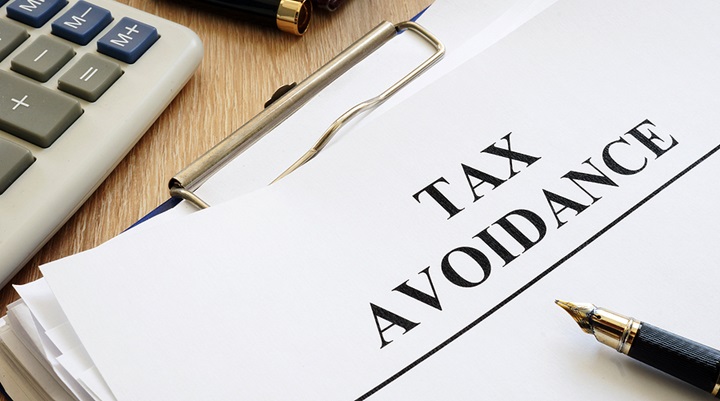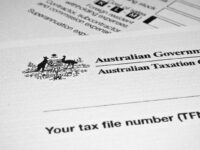In this piece, small-business owner David Warburton reflects on the tax debt challenges entrepreneurs like himself are facing.
The ATO’s renewed focus on overdue tax debts is landing hardest on the very enterprises Australia depends on for jobs and growth. For thousands of small-business owners, enforcement is starting to feel less like a nudge toward compliance and more like an extra weight on already-strained cash flow.
I’m not asking for exemptions or shortcuts; I understand that tax keeps the system running. Yet after two years of sticky inflation, softer consumer spending and rising interest rates, many of us are juggling BAS, super and PAYG alongside wages, rent and invoices that take longer than ever to be paid. When cash in the account won’t stretch to cover everything, delaying a tax payment isn’t about gaming the rules – it’s a short-term survival tactic.
The ATO can’t simply ignore outstanding debts, but the current escalation path is punishing viable firms that just need time. Tens of thousands of businesses are currently engaged in formal payment arrangements with the ATO, and garnishee notices and director-penalty warnings have returned at pace. For a small café, an electrical contractor, or a digital-services micro-firm, one sudden account freeze can tip a delicate balance into insolvency.
The stress is compounded by uncertainty. Owners swap stories: why did one peer receive six months’ breathing space while another had funds swept from their account after a single missed instalment? Clearer guidance on thresholds and timelines would give directors confidence to engage early rather than retreat in fear.
None of this is to dismiss the ATO’s challenge. The tax gap is real, and chronic non-payers do exist. But the recovery strategy could do more to distinguish deliberate avoidance from temporary hardship. A short, transparent pause on garnishees for debts under, say, $100,000 – provided a realistic plan is lodged – would help steady firms that are fundamentally solvent. An expanded hardship-advice hotline staffed by people who understand small-business cash cycles would lift engagement and reduce defaults.
There’s also a longer-term opportunity here. COVID-era support proved that structured, time-bound relief can keep businesses afloat and tax flowing in the long run. Low-interest consolidation loans or government-backed deferrals, linked to clear repayment milestones, would prevent a wave of unnecessary wind-ups and protect jobs the economy can’t afford to lose.
Above all, tone matters. When letters arrive without warning or accounts are frozen before a conversation occurs, trust erodes. Most owners I know are proud to contribute their share; they simply need the system to recognise how volatile trading conditions have become.
Small business isn’t looking for indulgence. We’re looking for partnership: consistent rules, proportional responses, and a willingness to see cash-flow pressure for what it is – temporary, not terminal. Give us a predictable path back to compliance and we’ll take it, because the alternative is closure, and that helps no-one: not staff, not communities, and certainly not the tax base.
A resilient economy is built on resilient small businesses. Treat us as collaborators rather than cases, and we’ll repay the faith – literally.











